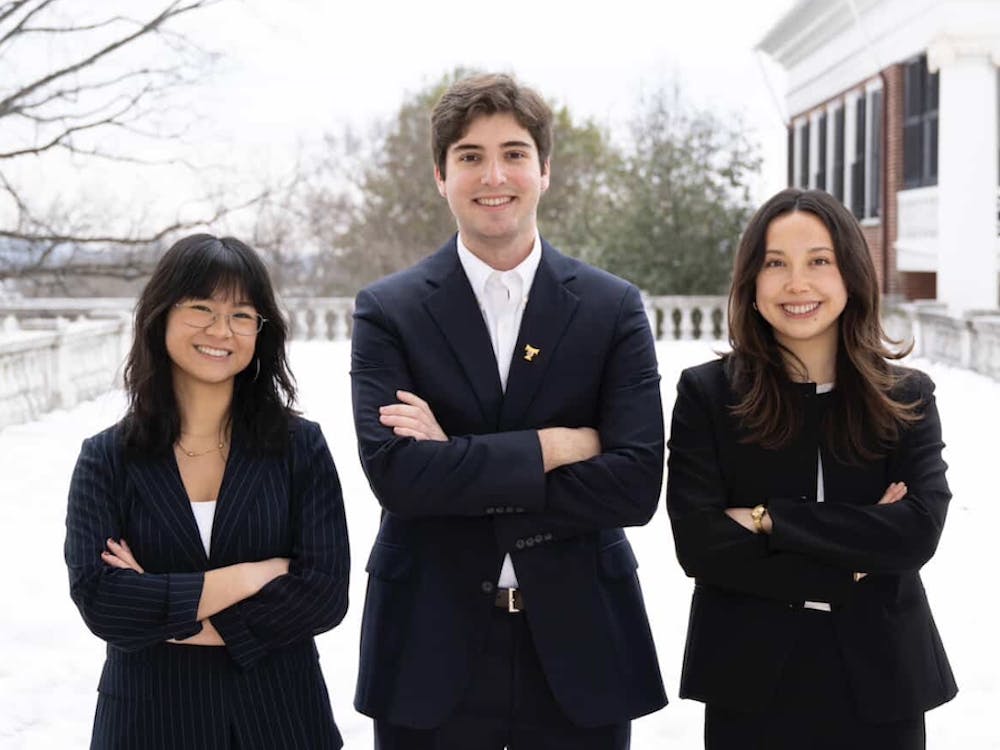The Prescription Project, a joint effort between Columbia University's Institute on Medicine as a Profession and the grassroots organization Community Catalyst, launched a campaign Monday calling on medical schools to end interactions with pharmaceutical companies that could result in conflicts of interest, said Susan Chimonas, co-director of research at the Prescription Project. The University Medical School currently is examining its own ties to pharmaceutical companies.
According to a Prescription Project press release, pharmaceutical companies spend $12 billion annually on pharmaceutical marketing, grants and gifts for academic medical centers.
"We are trying to separate unnecessary gifts -- meals, travel, entertainment, speakers bureaus -- from all the things that have a legitimate purpose in medical schools, basically anything research or education-related," Chimonas said.
Several medical centers -- including those at Stanford University, the University of Pennsylvania and Yale University -- already have enacted reforms consistent with the Prescription Project's recommendations. The University is currently examining its own practices.
University Medical School faculty formed a committee in May to study pharmaceutical practices and policies in the Medical School.
Madaline Harrison, committee chair and associate professor of neurology, said, "The inter-relationship between pharmaceutical companies and academic physicians is critical for developing new treatments ... The focus of our group is to look at those specific interactions in an educational setting and make sure we are making distinctions between promotional activities like marketing and educational activities."
Pharmaceutical companies previously provided free lunches and textbooks to medical students, senior surgical resident Heather Evans said, but the Medical School administration made a conscious decision to remove perks donated by drug representatives.
The committee is also designing a program to teach medical students to analyze pharmaceutical presentations and make objective decisions, according to Harrison.
The recommendations of the faculty committee will be given to Medical School Dean Arthur Garson for review.
Currently, Medical School policy enables extensive contracts with industries, said Sarah White, assistant dean for research administration, but each contract is carefully negotiated by the grants and contracts office.






